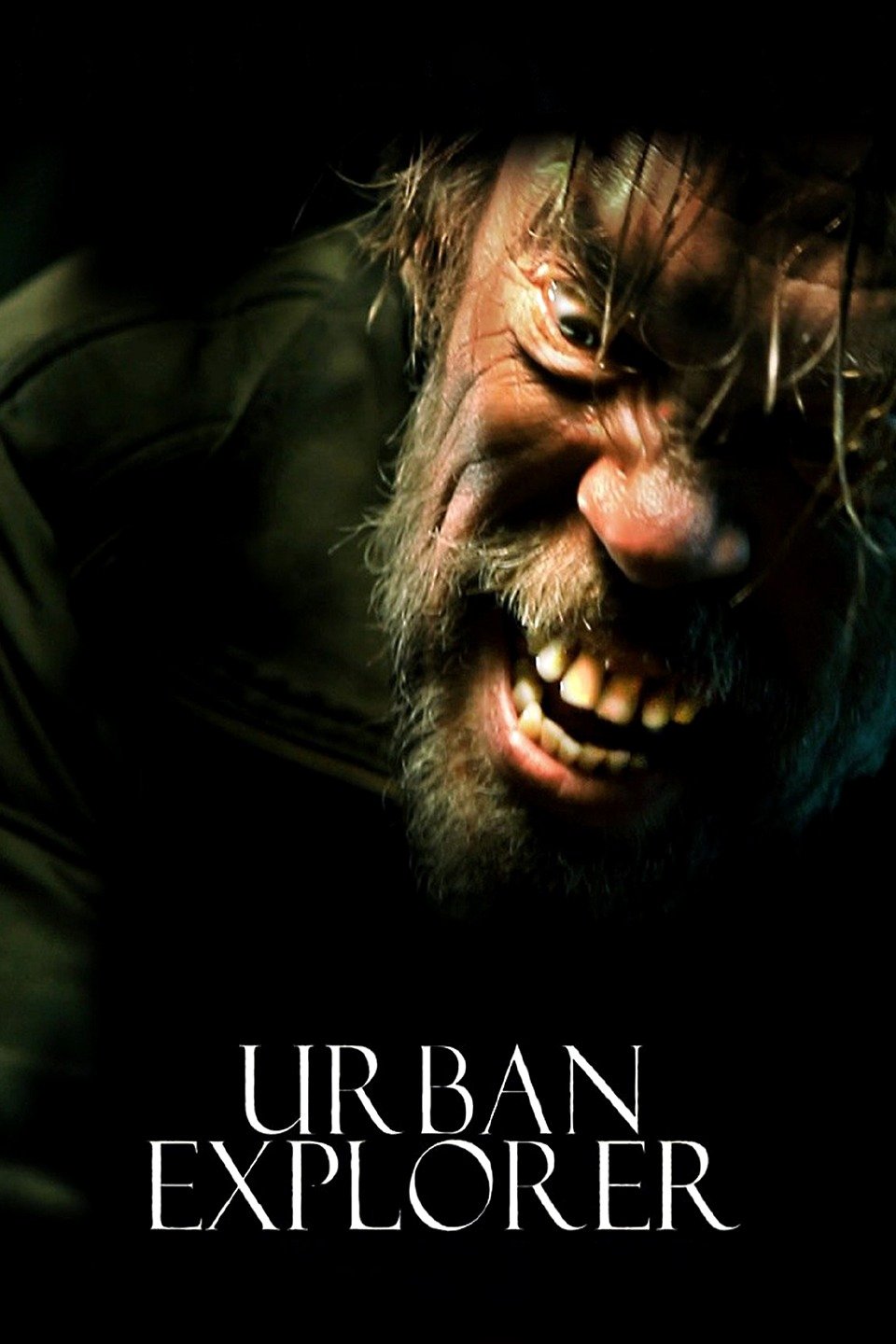


“Every attempt at radical expression becomes appropriated,” he says regretfully. He dislikes what he calls the growing “commodification” of the activity, with explorers building up a profile by performing some stunt in a hard-to-access location, thereby attracting sponsors for their next undertaking. Garrett admits urban explorers are mostly men, but claims it is more diverse than mountain climbing or scuba diving. They share information and photographs on urban exploration websites such as 28 Days Later, and even stage events such as the International Drain Meet, where “drainers” (the popular term for committed sewer explorers) congregate. Garrett reckons there are around 100 active urban explorers in London, perhaps a few thousand in the UK, and tens of thousands across the world, concentrated in major cities and often communicating with explorers elsewhere. What the British Transport police wanted to do was stop me from publishing photos and stop me from writing about this thing, because what we did undermined their narrative of security.” Garrett had demonstrated that the secret, impenetrable world was not so secret or impenetrable after all.īradley Garrett at the top of Battersea Power Station in London. “When I reflect on the whole process,” he says now, “I realise that the trauma we were subjected to was actually the point. The case dragged on for two years, and he was eventually given a conditional discharge and ordered to pay costs of £2,000. “They didn’t have any evidence that we had committed any criminal damage, so they charged us with a thought crime,” he says. In 2012, Garrett and several fellow explorers were arrested and charged with conspiracy to commit criminal damage. It’s also fraught with difficulty and danger. This breaking into closed-off spaces isn’t an explicitly political act – there is usually no attempt to change anything specific – but in an over-regulated, over-securitised world, it feels like a way of kicking against the system. “There’s a very particular kind of agency that comes from using the body to get into spaces that you’re not supposed to access,” he says, “and that translates very easily into a kind of politics.” Garrett talks about the “personal sense of empowerment” urban exploration provides. There’s an addictive quality to it, because once you start going into these spaces and understanding the city in a different way, it’s very hard to fall back into normal rhythms.” “You are able to see the abandoned buildings, the infrastructural systems, the construction sites, all the things that comprise the city. “Exploring the city gives you a chance to understand it in a different way,” Garrett tells me.


 0 kommentar(er)
0 kommentar(er)
